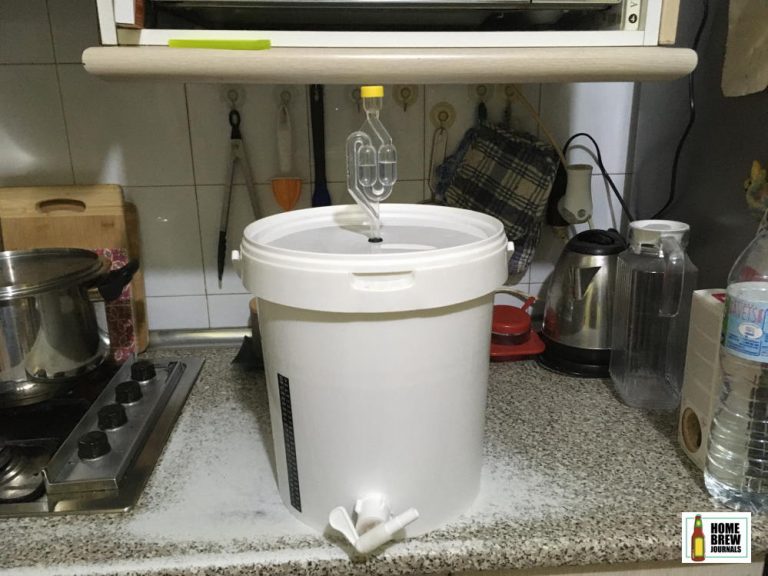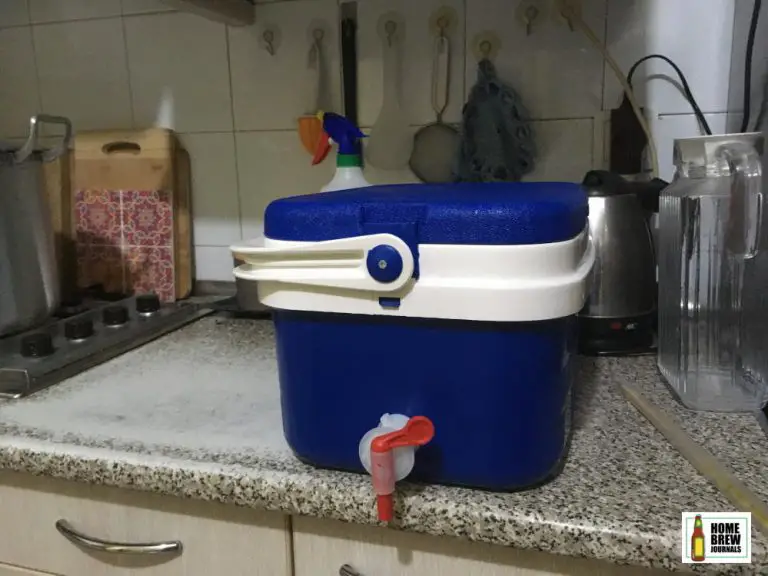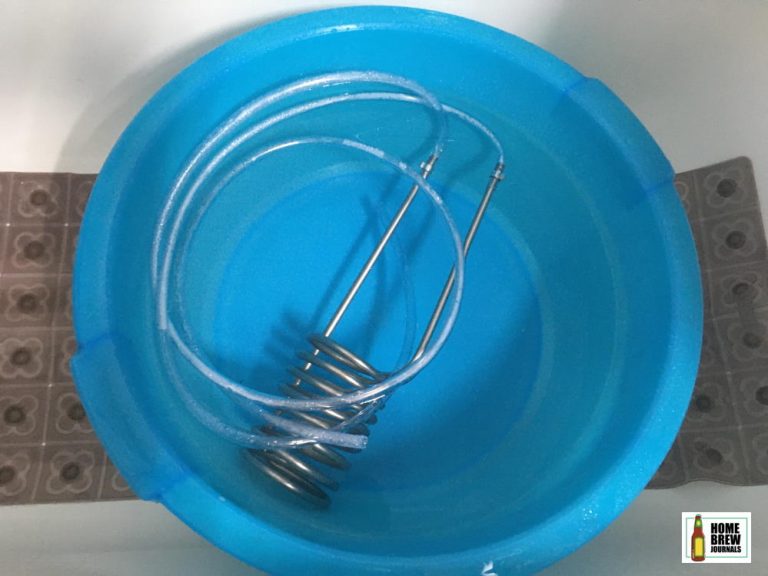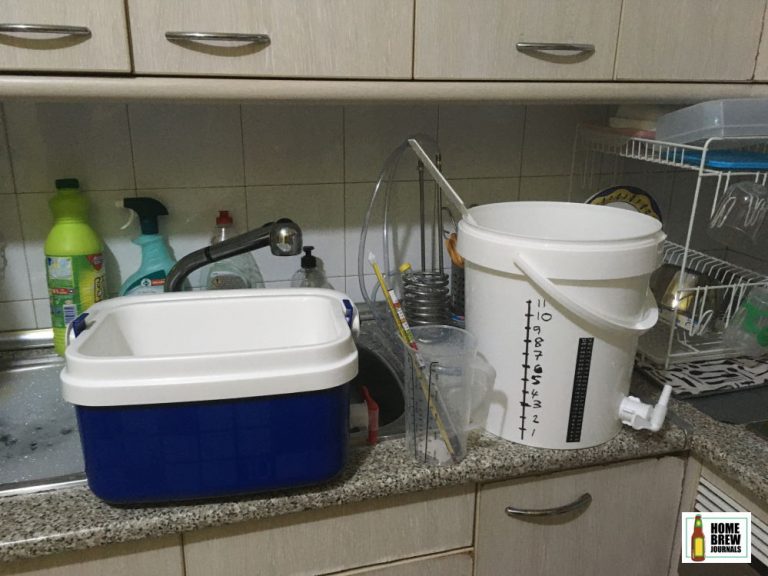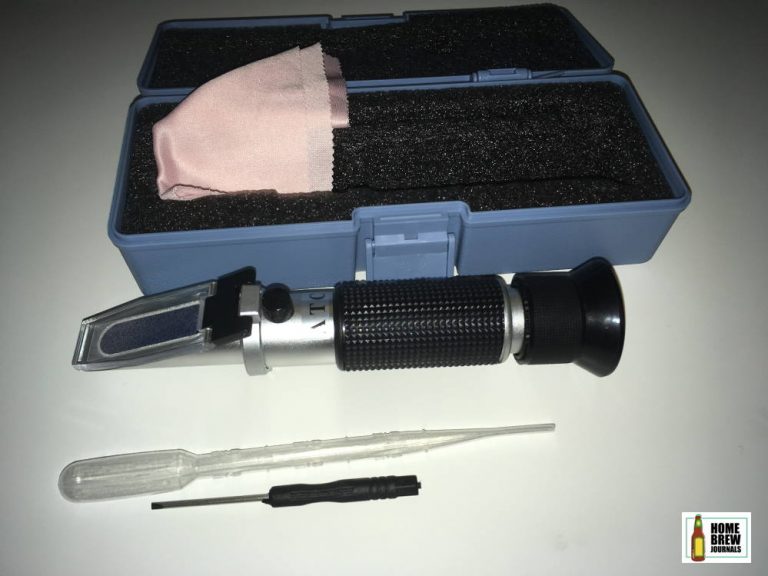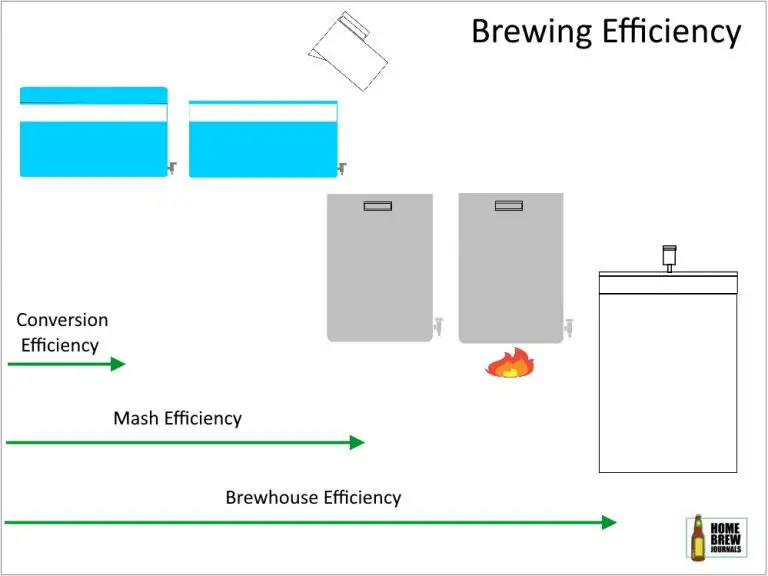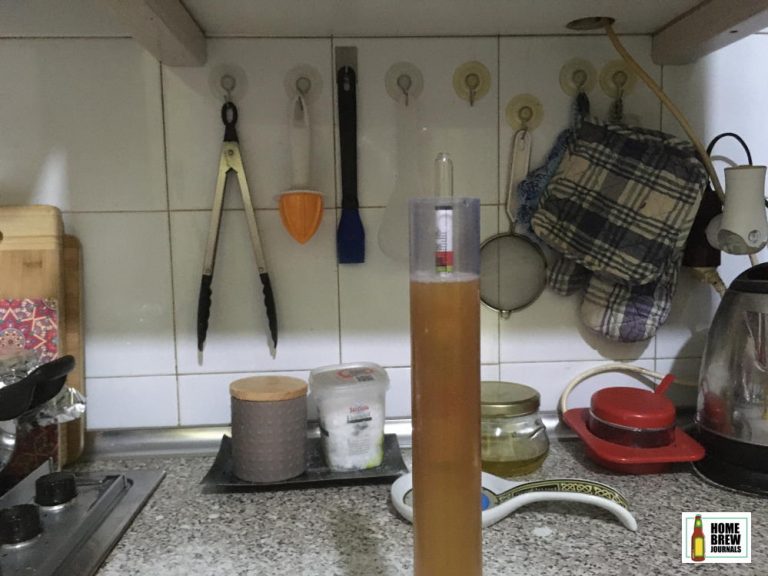Fermenters come in a wide range of shapes and sizes to fit all budgets and home brewing needs. In this article, we compare the different sizes and styles of fermenters and discuss the pros and cons of each type. The first thing that you need to consider when purchasing a fermenter is size. During the…
Correct Mash Temperature (Impact of incorrect mash temperatures)
During the mashing process, malted barley is steeped in hot water so that enzymes can break down the starch in the grains and convert them into sugar. The mash temperature affects the amount and type of sugars extracted and ultimately, the style and flavour of the finished beer. The correct temperature for infusion mashing is…
How To Prepare An Immersion Wort Chiller For Its First Use
Immersion wort chillers are a simple but effective way of cooling your wort down to pitching temperature as quickly as possible. The chiller is a spiral metal tube through which cold water circulates. The coils are submerged in the hot wort which heats up the hot water as it flows through the tubes. Immersion wort…
How Much Equipment Do You Need To Brew Beer? (Beginners Guide)
So you’ve decided to try your hand at brewing your own beer? Good choice, there are few things in life more satisfying than pouring yourself a glass of beer that you’ve brewed yourself. It’s also a lot of fun. The first thing you’re asking yourself is probably something like: What equipment do I need to…
Brix to Specific Gravity Calculator
Use this handy online calculator to convert from Brix to Specific Gravity of unfermented wort when measuring with a refractometer. To calculate the specific gravity of fermented wort, you should use this calculator which adjusts the measurement for the presence of alcohol.
Refractometer Specific Gravity & ABV Calculator
Refractometers are used to measure the quantity of sugar dissolved in water. Compared to hydrometers, they have the advantage that only a few drops of liquid and needed and that the measurement doesn’t need to be corrected for temperature. However, the measurement is affected by alcohol, and the Final Gravity reading needs to be corrected…
Brewing Efficiency Calculator
Brewing efficiency measures the percentage of potential sugar in the grain that was extracted into the wort. Once you have measured the efficiency of your homebrew setup, you will be able to adjust the quantity of malt used in recipes. How to use the brewing efficiency calculator When using this calculator, you should enter the…
Alcohol By Volume Calculator
As wort ferments and turns into beer, yeast converts fermentable sugars into alcohol. Since alcohol is less dense than sugar, the alcohol content can be calculated by comparing the density of the finished homebrew with the density of the wort before fermentation.
Hydrometer Temperature Correction
The density of water varies with temperature. Hydrometers sold for homebrewing are normally calibrated at 20ºC (68ºF). If your wort or finished beer is not at this temperature, you should convert the specific gravity measurement using the calculator below.

